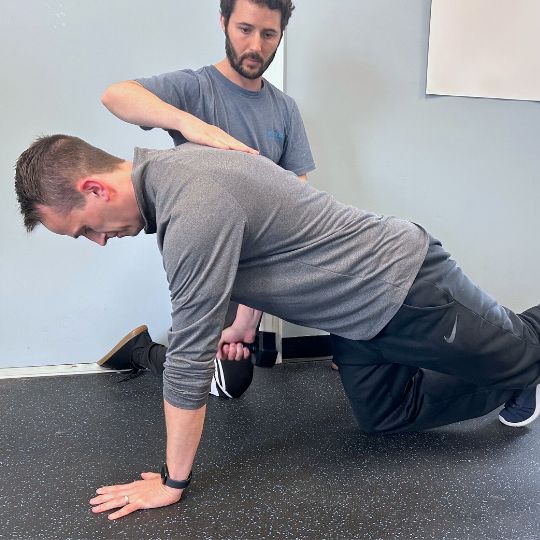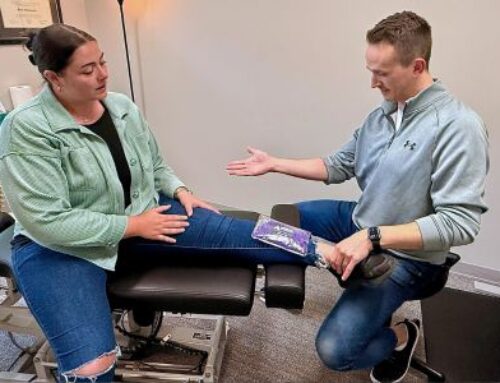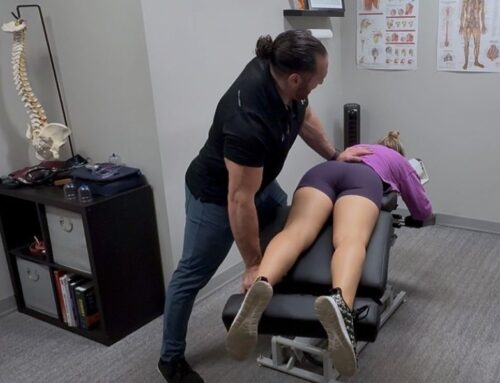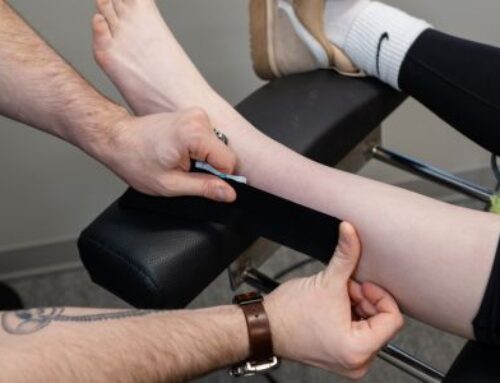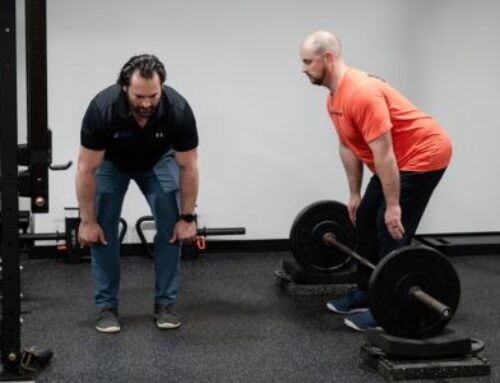One of the key concepts that is paramount to how chiropractic treatment works is Regional Interdependence. This approach recognizes that pain in one area of the body can often be linked to issues in another. Very few injuries occur in isolation, and the pain you are experiencing could be related to a completely different region of the body. With a proper assessment, we are able to put together the pieces and help patients overcome injury.
What is Regional Interdependence?
Regional interdependence refers to the phenomenon where a problem in one area of the body may affect another, seemingly unrelated, area. For instance, a patient suffering from chronic upper back pain may be experiencing that discomfort because of a dysfunction of the neck or the shoulder blade. Cracking your back or foam rolling the area might buy you relief, but if the problem is somewhere else in the kinetic chain you could be wasting your time and money.
The human brain is a pretty awesome structure. When it comes to coordinating movement, the brain will do what it has to do to accomplish a task. The brain will not let you know if it is borrowing from another area to make that movement happen. That compensation leads to progressive stress which eventually leads to injury and pain. This insidious process is the reason injuries seem to sneak up on us. Most musculoskeletal injuries are the result of years of compensation and altered movement; not from bending over to tie your shoe.
Looking at the Big Picture
Let’s say that you have been diagnosed with something like Iliotibilal Band Syndrome. The lateral portion of your thigh and knee hurt, so the problem MUST be there. But the faults leading to that discomfort usually involve your hip, ankle, or lower back, and the ITB is the innocent party caught in the middle. If we don’t look at a problem globally and assess multiple areas we might miss the reason you’re hurt.
Some other common examples include…
Lower Back Pain
- Can be related to issues with the hips or pelvis. Tight or weak muscles in torso, upper back, or hips can all set the table for a lower back injury
Hip Pain
- Frequently associated with lower back or ankle issues. Recurrent back pain can limit or alter hip movement causing an injury.
- May originate from problems in the neck, upper back, or scapula. Even something as simple as our posture can transfer stress to the tissues of the shoulder leading to discomfort.
Neck Pain
- Often a side effect of dysfunction movement of the thoracic spine and shoulder girdle.
Putting the Pieces Together
Regardless of who you see at Pinnacle Hill Chiropractic, Regional Interdependence will be a driving force in how we examine and work on your unique complaint. Musculoskeletal injuries are complex and can involve multiple seemingly unrelated areas. By taking a comprehensive approach to assessment and treatment, we are able to identify underlying causes and tailor treatment plans to address all facets of your injury. If we can blend comprehensive chiropractic care with massage therapy and infrared sauna, then we are really moving towards recovery!
If you’re experiencing musculoskeletal pain, consider Scheduling with us at Pinnacle Hill Chiropractic. We take a comprehensive approach to your care, and want to help you understand and overcome your problem!

